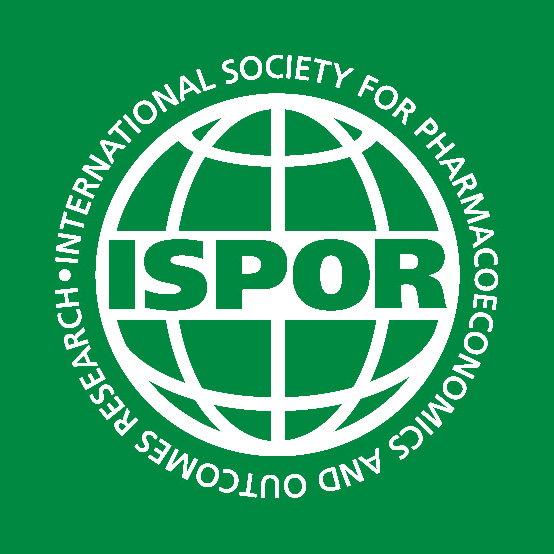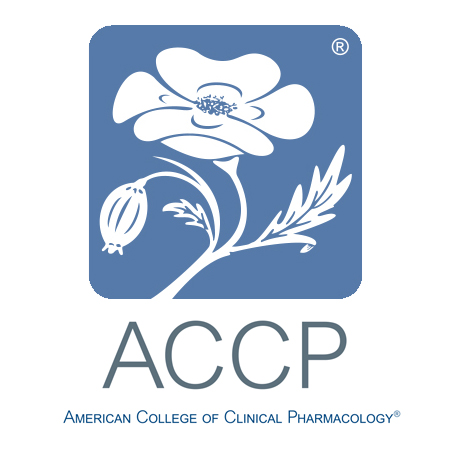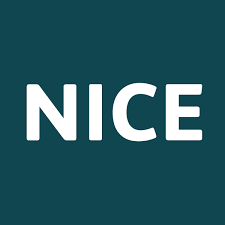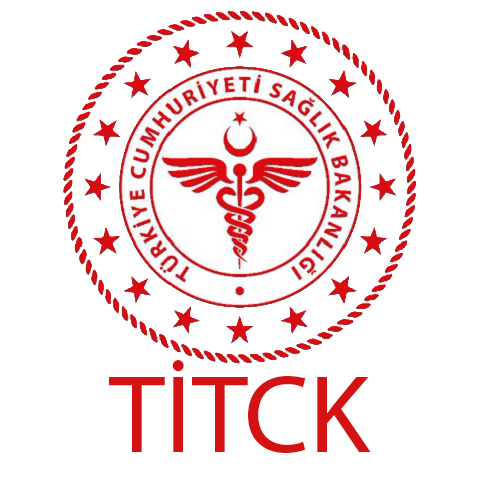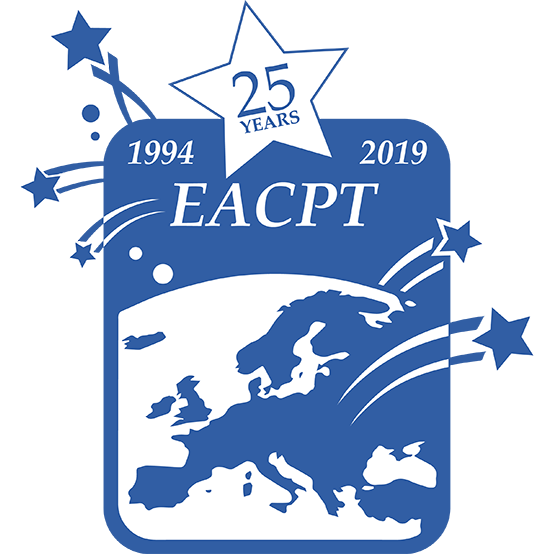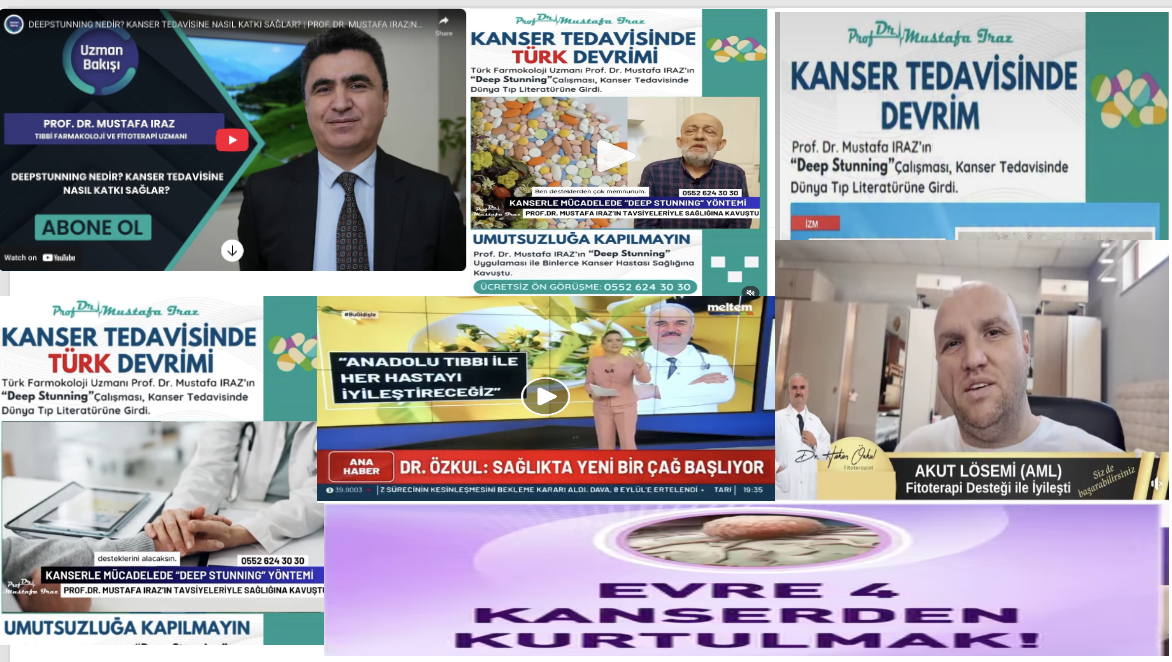
WHO WILL PROTECT DESPERATE AND VULNERABLE PATIENTS?
Prof. Dr. F. Cankat Tulunay
In recent days, particularly on social media, it has been spreading that a doctor claims to have discovered a worldwide breakthrough in cancer treatment, stating that he can even treat stage 4 cancer patients with this method. The name of this so-called global method is “DEEP STUNING.” Since this term is not a standard term in medical literature or in the context of cancer treatment, I researched what it means: “Deep stunning” is a term primarily used in animal slaughter, referring to inducing deep unconsciousness before slaughter. The aim is to ensure that the animal does not feel pain and stress during the slaughtering process. “Stunning” is the act of rendering the animal unconscious before slaughter; in deep stunning, the animal is rendered deeply and irreversibly unconscious, and it is not possible for the animal to regain consciousness. Methods that completely stop brain functions are usually employed. “Stunning” can also mean “extremely impressive or attractive” in ordinary language. The closest term I found in medicine is “myocardial stunning” (myocardial shock/stunning).
In my research, I could not find any evidence or published scientific data regarding a treatment method called “Deep Stunning” in peer-reviewed medical literature (PubMed, clinical trials, etc.). “Deep Stunning” appears to be a term used only in the promotional videos and brief case reports shared by Prof. Dr. M.I on YouTube, Facebook, and Instagram. In other words, this is not a recognized treatment method in the medical literature. If anyone knows of such a method and can provide credible references, I would gladly publish them here. These advertisements lack scientific accuracy, and they claim to cure advanced-stage cancers, but these claims have not yet appeared in any medical literature or publications. Methods that lack scientific basis can lead to a loss of time and resources, and even cause harmful side effects. They can reduce the chances of curing patients who could have been treated, leading to their deaths
The use of herbal products as adjuncts to standard medical treatments is very different from claiming to treat cancer with them. Some herbal products can indeed be used to support cancer treatment. However, individuals who promote these products often state in their advertisements that they provide supportive care to avoid legal liability, but when approached, they attempt to treat patients directly. See: https://www.klinikfarmakoloji.com/aci-ilac/kanser-hastalarini-kandiranlar. Methods marketed under new names such as “Deep Stunning” are essentially the modern version of the “Oleander case.” Anyone promising a “miracle cure” must be scrutinized in terms of evidence, publications, and ethical oversight.
Diseases like advanced-stage cancer, which create a sense of hopelessness, push people to grasp at any hope. This creates opportunities for malicious or scientifically unfounded practices. Fraudsters and charlatans who exploit the desperation of patients and their families promise “miraculous results,” drain patients’ finances, enrich themselves, and exploit patients’ and families’ hopes. Many of the recovered patient stories on social media platforms like Facebook and Instagram are fabricated, and most of these patients cannot be located. Moreover, advertisements on these platforms have no scientific value.
In a frequently seen advertisement on social media by a well-known “cancer doctor (!),” it is claimed that: “Medicinal plants that suppress and destroy cancer cells make our fight against cancer easier and strengthen our immune system. The Ministry of Health has officially accepted phytotherapy. The Directorate of Traditional and Complementary Medicine Practices under the Ministry of Health monitors these studies (Dr. H.Ö).” Let’s ask both the advertiser and the Ministry of Health officials: What are these medicinal plants that destroy cancer cells? Has their effect in humans been demonstrated? It appears that some individuals are using even the Ministry of Health to convince patients and justify their actions as ethical.
A so-called cancer treatment inventor (!) who advertises extensively on social media, posts videos on YouTube, and appears on some TV programs, states in an interview on NTV (https://www.youtube.com/watch?v=tUCpsNW9Fc4) that he is conducting joint studies with major universities in the United States. However, no concrete academic or institutional verification exists for this claim. If he has such documents, publications, or institutional affiliations, these should be shared with the Turkish public as well. In the same interview, this person claims to have received an “Einstein Visa.” Claiming to have received the “Einstein Visa” (EB-1 Extraordinary Ability Visa) is quite a significant assertion. The EB-1 visa, also known as the Einstein Visa, is granted only to individuals who meet stringent criteria such as international awards, publications, keynote speaking invitations, patents, and citations — similar to Nobel Prize-winning scientists.
There are no peer-reviewed publications, patents, or prestigious awards in this person’s publicly available profiles to show that he meets these criteria. No information about this person having an EB-1 visa or participating in any research or production partnership in the U.S. can be found in reliable academic and professional platforms such as Google Scholar, PubMed, or LinkedIn. Additionally, there is no verification from USCIS (United States Citizenship and Immigration Services) or any university, nor is there any document on his own website indicating a joint research project in the U.S.
Another claim made by these “cancer doctors” is that phytotherapy has prophylactic (preventive) effects in cancer and that some plants can prevent people from developing cancer. This claim has also not been proven so far. Various clinical studies have been conducted on this issue, but the results have always been negative. There is epidemiological data regarding the long-term use of some plants. For example, it has been suggested in observational studies that green tea (Camellia sinensis) might reduce the risk of certain cancers, but no definitive evidence exists (Zhang M et al., “Green tea consumption and risk of breast cancer or colorectal cancer: a meta-analysis of prospective cohort studies.” Eur J Cancer Prev. 2015;24(4):353–362).
Turmeric (Curcumin): While its antioxidant and anti-inflammatory properties have led to discussions about its potential protective effect against cancer, no conclusive evidence has been found in prospective, randomized, and controlled trials in humans (Prasad S et al., “Turmeric, the Golden Spice: From Traditional Medicine to Modern Medicine.” Adv Exp Med Biol. 2011;595:105–1259). However, no herb or herbal preparation has “evidence-based medical approval for prophylactic use.”
Regulatory authorities like the FDA and EMA have not approved phytotherapeutic products for cancer prophylaxis. Their use for preventive purposes has not gone beyond suggestions. Major authorities such as the American Cancer Society (ACS) and the European Society for Medical Oncology (ESMO) recognize factors like diet, physical activity, and smoking cessation as meaningful in cancer prevention but do not recommend phytotherapy as a prophylactic method.
NIH (National Institutes of Health) – NCCIH perspective:
The National Center for Complementary and Integrative Health (NCCIH), a subdivision of the NIH, adopts a cautious and critical approach to phytotherapy:
- Some laboratory studies exist on certain herbal products, but most have not undergone sufficient clinical testing in humans.
- Clinical trials for herbal products must meet the same rigorous standards as drug trials.
- “Natural” does not mean “safe” — especially in cancer patients whose immune systems are suppressed (immunosuppressed), risks may increase.
- Some herbal products can cause serious herb-drug interactions and reduce the effectiveness of cancer treatment:
- St. John’s wort: accelerates the metabolism of chemotherapy drugs → decreases their effectiveness.
- Garlic, ginger, ginkgo biloba: can increase bleeding risk.
- No herbal product has been proven to prevent or treat cancer in humans.
NCI (National Cancer Institute):
Without sufficient clinical trial-based evidence, the use of herbal products is not recommended. If such products are used, they should be administered under medical supervision and should not interfere with standard treatments. “There is no evidence that herbal supplements alone can cure cancer.”
ESMO (European Society for Medical Oncology):
In 2022, ESMO published an updated official statement on complementary and alternative medicine (CAM) practices in cancer treatment. Caution should be exercised with complementary methods, including natural products like phytotherapy. Despite being widely used by cancer patients, there is insufficient scientific evidence about the efficacy and safety of phytotherapeutic products. Most studies have small patient numbers, poor quality, or methodological issues. There is no evidence that herbal treatments can cure cancer or replace conventional therapies. The use of herbal treatments should always be discussed with an oncology team to avoid harmful interactions and delays in proven treatments.
EMA (European Medicines Agency):
The EMA accepts that phytotherapeutic products can only be marketed as "traditional herbal medicinal products (THMP)" and can only be approved for mild/minor indications (e.g., mild gastrointestinal complaints, mild sleep problems, or mild anxiety). No herbal product has been approved by the EMA for cancer treatment or prevention
In the late 1980s, Turkey debated the Zakkum (oleander) treatment. A doctor named Ziya Özel claimed that an extract from the oleander plant (Nerium oleander) could cure cancer. This claim reached thousands of people due to strong media coverage and populist political support. It was promoted as a “miracle drug,” but no scientific proof of effectiveness was ever provided, and despite its toxicity, oleander extract was administered to patients, leading to poisonings.
Oleander is an extremely toxic plant, especially common in regions with a Mediterranean climate. All parts of the plant (leaves, flowers, stems, roots, and even smoke) contain cardiac glycosides like oleandrin, which directly affect heart muscles, causing serious health problems and even death. Indeed, after Dr. Özel’s statements, some cancer patients who boiled and drank oleander leaves or used them in different ways experienced poisoning and even died. These events clearly demonstrated how dangerous the uncontrolled use of oleander is for medical purposes.
At that time, leading professors from Ankara University Faculty of Medicine, such as Prof. Dr. Kazım Türker and Prof. Dr. Cankat Tulunay, strongly opposed the oleander case before the Ministry of Health and in the media, and despite some political support, they succeeded in having oleander banned.
Even after Ziya Özel’s death, the oleander affair continues. Some of his heirs continue to sell oleander extracts over the internet and via platforms like eBay from countries such as Honduras and Nicaragua, while his son reportedly continues related work through a company established in the United States.
It is said that Tamer Özel, his son, is a partner (or owner) of a company called Phoenix Biotechnology in Texas. It is claimed that they produce and commercialize an oleander extract called Antivirzel. The company reportedly has a plantation of 5,000 oleander plants in D’Hanis, Texas, aiming to produce enough extract for 20,000 patients annually.
In official filings with the U.S. Securities and Exchange Commission (SEC), Tamer Özel’s name does not appear. The filing clearly states:
“Antivirzel is not a therapeutic for cancer. Antivirzel has no effect on preventing or eliminating tumor development. Its efficacy has not been demonstrated in clinical studies.”
Despite this, an oleander extract called ANTIVIRZEL is produced and sold in Honduras, El Salvador, and Guatemala and marketed worldwide via the internet, including in the U.S.
In a Phase I trial at Cleveland Clinic, Anvirzel® was administered intramuscularly to patients. It was found to be safe up to a maximum dose of 1.2 ml/m² in 18 patients, with no dose-limiting toxicity observed. However, no tumor shrinkage or objective anti-tumor effect was observed (Phase 1 trial of Anvirzel in patients with refractory solid tumors, Mekhail T et al., 24:423-427, 2006). This study was not approved by the FDA.
After Antivirzel was found to be ineffective, the company launched another Nerium oleander extract called PBI-05204, a supercritical CO₂ extract of the plant. Its main active ingredient, oleandrin, is a cardiac glycoside. Phase I and II trials conducted on pancreatic cancer and glioblastoma did not show the expected results (First-in-human study of PBI-05204, Hong DS et al., Invest New Drugs, 32: 1204–1212, 2014).
In 2020, the FDA issued a Warning Letter to Phoenix Biotechnology and its affiliate Avila Herbals for marketing a product called “Oleander 4X” as a treatment for COVID-19 and other diseases, despite it not being an FDA-approved drug. The company’s attempt to register oleandrin as a dietary supplement was rejected because oleandrin was already being investigated as a drug and was therefore not eligible for dietary supplement classification.
CONCLUSION:
- Regulations and inspections protecting patients and families in Turkey are inadequate.
- Media and social media lack responsibility.
- The inadequate education in many medical schools leads to an increase in poorly trained doctors.
- The lack of widespread scientific thinking and critical literacy makes such “miracle” claims appealing.
- Penalties are not deterrent, and inspections are not consistently enforced.
- Food supplement licenses issued by the Ministry of Agriculture enable public deception and harm health and finances.
- The content, quality, and dosage of many marketed supplements are uncertain, sometimes varying more than a thousandfold between products.
- Some charlatans may even be using phytotherapy clinics as fronts for money laundering, similar to certain cosmetic shops.
- The Ministry of Health’s inspections are insufficient. Social media advertisements must be strictly controlled.
- Professional organizations, especially the Turkish Medical Association (TTB), are almost entirely uninterested in these matters and remain silent while patients are deceived. The Medical Deontology Regulation is inadequate and even its own rules are not followed.
Just as in the Oleander case, an independent and competent expert commission should be established to evaluate the role and use of phytotherapy in cancer treatment. Such a body could be convened by the Ministry of Health or the Turkish Medical Association to inform the public and patients with accurate information.
Let’s hope these recommendations will one day be realized so that we can rid ourselves of these disgraceful episodes.

